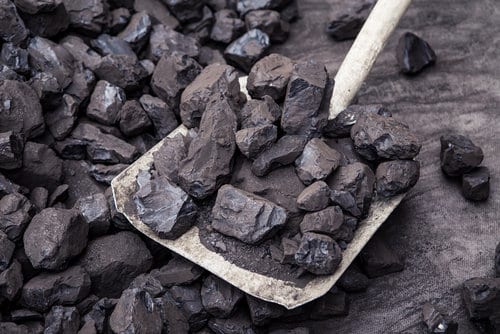
The argument that high-efficiency coal-fired power plants are a viable solution for reducing CO2- emissions, the main cause for climate change, is still defended with vigour by the coal industry and governments that have a stake in that industry – in particular Japan, Germany, South Korea, Australia and Poland. With this argument, Japan even dares to count public finance for coal plants as ‘climate finance’.
Research by Ecofys, commissioned by WWF, completely discredits these claims. It shows that, based on data of the Intergovernmental Panel on Climate Change (IPCC), emissions from the global electricity sector need to rapidly reduce and be close to zero by 2050 in order to stay well under 2°C. An even more rapid decline will be needed in order to achieve the commitment taken at the UN climate summit in Paris in December 2015 to ‘pursue efforts to limit the temperature increase to 1.5°C above pre-industrial levels’.

Power production from coal needs to reduce drastically as from today, and be completely phased out by the middle of this century.
Coal development still continues, however. There are currently huge plans to build no less than 2300 new coal plants globally, equivalent to a capacity of 1400GW. If all these plants are built, CO2- emissions from existing and new plants in 2030 would amount to 11 gigatonnes: this is six times higher than what a 1.5°C carbon budget would allow. Equipping all new plants with the most efficient technologies would only lead to marginal emission reductions of approximately 1 gigatonne, keeping the 1.5°C target far out of reach.
While governments prepare to come together and officially sign the global climate Paris Agreement, it is time for them to become serious about their climate change commitments. They should recognise what research demonstrates: that the global carbon budget and the time remaining to reduce greenhouse gas emissions simply do not allow for the replacement of retired coal plants with new more efficient coal plants, let alone capacity extensions.
Rich countries should lead the effort to phase out coal. The Ise-Shima G7 summit to be held on 26 – 28 May in Japan – a notoriously obtrusive country when it comes to coal – offers an opportunity to do so. The G7 countries – Canada, France, Germany,Great Britain,Italy,Japan, and theUnited States.- should commit to putting their money where their mouth is, and immediately end all public financial support for any type of coal plant technology, whatever its efficiency is. They should also publicly commit to phase out coal plants in their country by 2035 at the latest, as a precursor to the global phase-out needed by 2050.
The Ecofys research rebuts once and for all that high-efficient coal can be a solution to climate change. As a result, it makes clear that in a post-Paris world, there is simply no role for coal anymore. Demand-side management and renewable energies are the solutions we need.
Jan Vandermosten is the Sustainable Finance Policy Officer for WWF’s European Policy Office. He is based in Brussels. [email protected]










